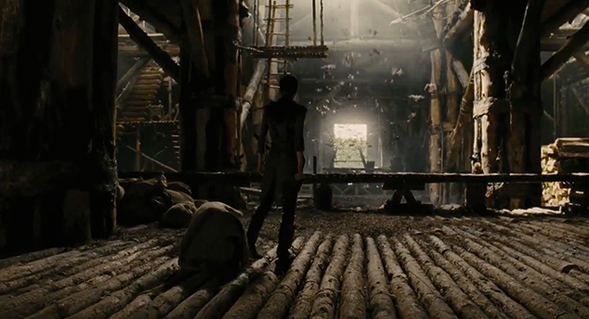 Darren Aronofsky's Noah is the classic story of Noah, a descendant of Seth, one of the original three sons, who is chosen by the creator to undertake the most momentous of tasks. Through visions from god, Noah is shown that mankind has corrupted the creator's vision of the world and must be punished. Noah is tasked with building a massive arch to rescue the god's other creatures before he drowns the entire world. Darren Aronofsky's Noah is a solid re-telling of the classic story which features enough interesting thematic ideas to make its narrative shortcomings forgivable. The strength of the film lies in Aronofsky's exploration of mankind, questioning whether we are internally good or evil at the core of our beings. Noah is a man who is tasked with destroying humankind and Aronofsky captures the internal struggle of Noah in great, vivid detail. We see a man who begins to basically go insane from this momentous task which has been bestowed on him, trusting the creators design more so than his human passions and desires. On the other hand, Ray Winstone's character, Tubal-Cain, the "main bad guy" of the film, believes men are supposed to rule the world the way they see fit, a survival of the fittest of sorts. Tubal-Cain believes god has forsaken man, leaving them to basically do whatever they please, which creates a nice thematic dichotomy between him and our lead protagonist. As one would expect from Aronofsky, Noah is stylistically impressive, with beautiful cinematography that reaches a high point during Noah's vision sequences that can be downright haunting. Thematically Noah is an interesting film, but the film loses focus towards the end, getting far too wrapped up in needing a bad guy (Tubal Cain), and creating conflict between Noah and his son Ham. Tubal Cain is a fine character but should have never made it onto the Arch, almost feeling like something that was forced on Aronofsky by the studio in an effort to have a clear "bad guy". Why this is so frustrating is that towards the end of the film, Noah himself begins to lose his own mind in a way that makes him terrifying, with god's will and his own human feelings at ends with each other. At times, Noah's smaller moments and thematic intentions seem to be at conflict with the blockbuster tendencies of the film, but overall Aronosky manages to put together a film that succeeds more than it fails in examining the nature of man.
0 Comments
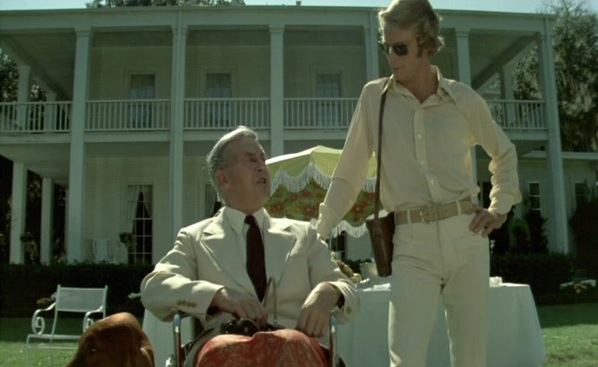 Jason Crockett is an old, crotchety man who lives alone in his beautiful mansion positioned directly in the middle of the Everglades. Jason invites his entire family to his island estate to celebrate his latest birthday. Meanwhile, Pickett Smith, a freelance photographer, is doing a pollution study on this land for an ecology magazine. The two men's paths cross when Jason's son nearly runs over Pickett in the family speed boat. Obliged to make up for their mistake, Pickett is invited to the families estate where he learns of Jason's incendiary relationship with nature. Jason routinely poisons anything that even crawls close to his property but on the eve of his birthday, the frogs and other animals of nature begin to fight back. George McCowan's Frogs is another film in the "Nature fights back" subgenre that isn't nearly as terrible as one would expect. Sure the narrative in general is lacking, with lots of cheesy and overly-pointed moments but for a horror film atmosphere is the most important attribute, something Frogs has in spades. Frogs understands the important of atmosphere and setting, using great use of the swampland ambiance to create a tense tone that envelopes the entire film. From an early state it's clear that something sinister is brewing and George McCowan uses this ambience, along with overly-pointed sound effects to make the impending doom on the horizon very clear. From an actual horror perspective, Frogs isn't a particularly scary film but it's guaranteed to terrify those of you who have a fear of any reptile or amphibian creepy-crawlers. Geroge McCowan's Frogs is a pretty cheesy affair that wears its heavy-handed pollution message on its sleeve, and while it leaves something to be desired from a horror perspective, it's a fun and worthy film for any fans of the "nature fights back" subgenre. 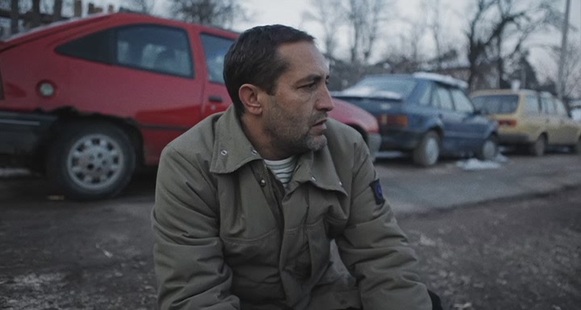 Nazif, a husband and father of two young daughters, barely makes enough money to support his family as an iron picker. His day consists of searching for scrap metal while his wife, Senada, who is pregnant with their third daughter, slaves away at home. One night Nazif arrives home to find Senada bedridden due to pain. They drive to the nearest clinic where they learn she has suffered a miscarriage, with Senada still carrying the fetus of a five-month old inside her. Seneda's condition is critical but due to the families lack of insurance they are turned away from the hospital unless they can pay the 980 Bosnian marks required. Danis Tanovic's An Episode in the Life of an Iron Picker is a slow burning portrait of the harshness of contemporary society. The film doesn't hit you over the head with its message, rather it simply relays a personal portrait that captures the struggle of those living in poverty, who simply don't have the financial means to function in a money-driven world. This is the first film of Danis Tanovic I've seen, but his style somewhat reminded me of the Dardeenes, being minimalistic to the point that the film feels more like a documentary than a piece of narrative filmmaking. Tanovic seems to be a filmmaker with a very acute sense to his surrounings, routinely focusing on the setting around his characters. Tanovic captures the poverty-stricken world which these characters inhabit through desolate landscapes filled of scrap metal and the chill of winter. Danis Tanovic's An Episode in the Life of an Iron Picker is a fascinationg look at life in a rarely seen part of the world which captures the struggle of those in poverty in a way that rings true even in first world countries. 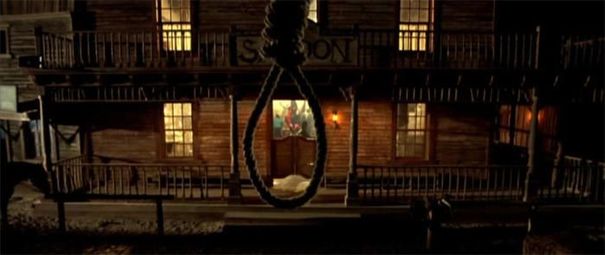 Whether you are a fan or not of Alex de la Iglesia there is no denying the unique, somewhat bizarre quality all of his films have in common. 800 Bullets is no different, the story of Carlos, a young boy, who has always wondered about his late father's life. His mother gives him no details, essentially sheltering the young boy from the truth. This prompts Carlos to find his grandfather, Julian, who he has never met in an effort to learn about his father's past. Julian is a former stuntman who once made a living in American Westerns shot in Spain but now he has been reduced to doing stunt shows for miniscule audiences on a decaying set built many years ago for western films. When Carlos's mother, Laura, blames Julian for her husbands death and when she learns that Carlos and Julian have met, she is determined to destroy what little is left of Julian's once proud career. 800 bullets is certainly strange and bawdy by traditional standards but I must admit I was a bit disappointed in how by-the-numbers it was for one of Alex de la Iglesia's films. It's a sentimental comedy about a young boy and an old man reuniting and while it achieves the desirable effect, I was left wishing for more. What works best in Iglesia's film is the celebration of dreams, with Julian's character being a man whose lost almost everything since his glory days, yet he still performs daily in an effort to keep his dream alive. 800 Bullets is not a bad film by any means, being Alex de la Iglesia's ode to filmmaking, and while I did appreciate a lot of the more eccentric moments, the sentimental through-line of the film left me wanting more. 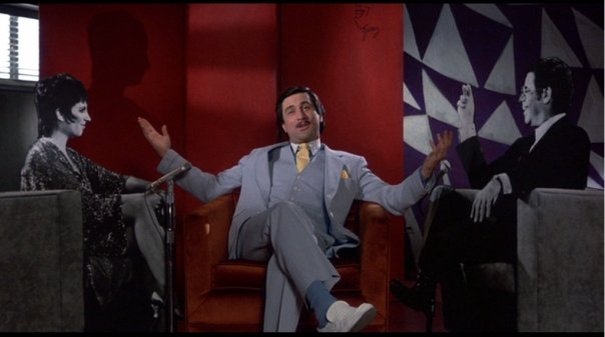 Rupert Pupkin lives in his mother's basement, spending most of his time with cardboard cut-outs of various celebrities, rehearsing his completely mediocre comedy. Rupert fully believes that he only needs one appearance on the most popular late night talk show, Jerry Langford, to catapult him to stardom. One night after the talk show concludes Rupert helps Jerry escape from a swarm of fans, getting a chance to talk to his idol one-on-one. While Jerry nonchalantly brushes off Rupert by telling him to call his office, in an effort to get rid of him, Rupert takes this patronizing as a true promise for an audition and begins stalking Jerry's office. As Rupert begins to recognize he doesn't have the in he expected, he hashes up a more outlandish scheme in an effort to make his stand-up fantasy into a reality. While it's not the most popular of opinions, I consider Martin Scorsese's The King of Comedy to be one of the greatest films the legendary filmmaker ever made. This is a film that completely immerses the viewer into the psyche of a troubled man. The film effortlessly blurs the lines between fantasy and reality, using seamless transitions which give the audience whiplash, effectively capturing the troubled mind of Rupert. I guess what I'm trying to say is the way the film is made, feeling uncentered for example, perfectly envelopes the character it portrays, a true testament to a filmmaker taking a risk that pays off in spades. Scorsese's film is a biting culture satire of a society that celebrates celebrity to an obsessive degree, capturing the great lengths people will go in an effort to become famous. All Rupert wants is fame an by the end of the film Scorsese delivers a powerful message on the shameless practices of mass-media, who only encourage our society to be obsessed with the easy way up. Martin Scorsese's The King of Comedy features stellar performances from all involved, delivering a creepy but funny culture satire on the power of our societies obsession with fame, which may even ring more true today than it did during the films release. 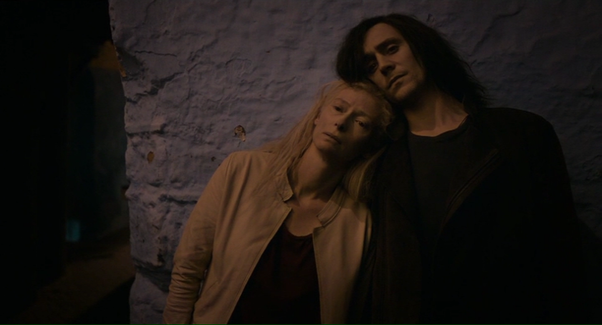 Adam is a vampire, living a reclusive life as a musician in Detroit. Seemingly living a life of solitude at first, he soon reunites with his wife, the love of his life, Eve, who leaves her home overseas to live with him in the motor city. They are both vampires attempting to survive in an existence that is infinite, but when Eve's capricious sister, Ava, visits, trouble begins to brew. Adam finds Ava irritable and irresponsible, causing trouble with Ian, the one human being which Adam trusts and gets along with. Jim Jarmusch's Only Lovers Left Alive is probably the filmmakers most accessible film to-date, though it's still is full of Jarmusch's dense thematic undertones. Only Lovers Left Alive creates a magical world around these two vampires, using visual design and music that effectively transports the viewer into their viewpoint. The audience feels like outsiders in this world which Jarmusch has created with composition in lighting, feeling as if Detroit is completely foreign, as it would feel for Adam and Eve. Through these vampires Jarmusch creates a rather pessimistic viewpoint on the state of humanity, conveying a sense of disillusionment and world-weariness one would expect from individuals who have lived through so many of humanities vast mistakes. Besides its thematic intentions, Only Lovers Left Alive also works as a serviceable love-story, with Adam and Eve being distinct characters. While Eve is a more upbeat personality, Adam lives life from a far more cynical viewpoint, yet they share a timeless love and affecting that shines through the screen. Being surrounding by humanity these two characters are very much alone, outside of each other, and Jarmusch uses this to his advantage in crafting their love story. Detractors are bound to say that "nothing happens" in Only Lovers Left Alive but what Jarmusch has done is use the tropes of vampire mythology to his advantage, creating a melancholic examination of a desolate, endangered modern world. 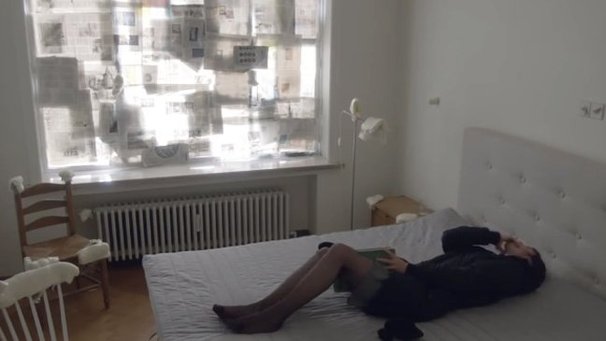 Lars Von Trier's Nymphomaniac Vol. II picks up where the first film left off, with Joe discussing her troubled past with Seligman. This film mostly follows Joe's adulthood, and dives head-first into the darker perversions and explorations Joe's sexually dictated life had lead her down, touching on her regrets and mistakes that have led her to arriving in Seligman's care. While I wan to view Nymphomaniac Vol I and Vol II as one film, it's hard to distance oneself from the fact that Vol. II is far more dark and subversive in its examination of Joe's sexual pleasure than the first film. Where I found myself struggling to truly relate to Joe's character in Vol I, Vol II does a far better job at helping the viewer understand Joe's struggle as a human being. Von Trier's film relies heavily on Charlotte Gainsbourg and she delivers with a truly brave and unforgettable performance. She embodies Joe's strong but disturbed psyche, capturing an intelligent woman whose struggle with desire has led her through a life in which she constantly struggles to maintain control. Von Trier's film is full of philosophical and psychological discussion about the human condition but the internal battle between freedom and restriction from both a personal and societal standpoint is one of the more interesting aspects of the film. In Lars Von Trier's world we are all simply creatures of nature, struggling to understand ourselves, slaves to our own desires. Lars Von Trier's Nymphomaniac is a film that fits perfectly into his film canon, being an extremely stylistic film with dark humor which provides an endearing look into a deeply tortured soul. 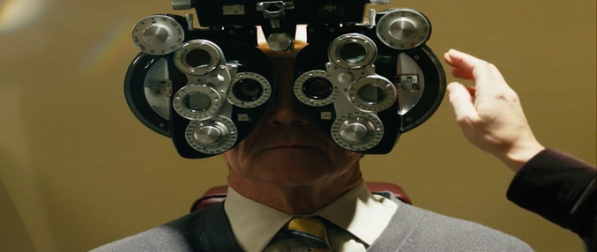 Marin Bonner has just moved from the East Coast to Nevada, leaving behind his two adult children and his previous life working as a business manager for a Church. Working now as a coordinator for an organization that helps prisoners make the transition back into society, Martin lives a rather isolated lifestyle, where he routinely reaches out to his two children, though only his daughter seems to ever return the favor. Meanwhile, Travis, a man whose just been released from prison after serving 12 years for manslaughter, is having trouble adjusting to the outside world. Although Martin is not his program sponsor, Travis finds solace in Martin after they meet, forging the beginning of a friendship that benefits both men. Chad Hartigan's This is Martin Bonner is a wonderfully subdued film in both character and tone which certainly requires some patience from the viewer. This is a film about converging stories, as Martin and Travis are two characters trying to navigate the world around them. While Martin is a character who seems to have it all together, the film slowly reveals the chinks in his armor, as we come to realize he too is suffering from past transgressions. Martin and Travis are two characters that are quite different on the outside but as the film progresses, merging their stories, we see how they both are dealing with their own doubts and insecurities. This is Martin Bonner is a film that captures life itself, the ups and downs, regrets and delights, and everything in between that defines everyone's existence. While many films like this usually have one character that's far more interesting, This is Martin Bonner manages to make Travis and Martin incredibly well dimensioned and fascinatingly flawed, yet geniune individuals. For Travis, I really enjoyed how the film captures his struggle to adjust to the outside world while Martin's subtle struggles with faith is one of the more uniquely subtle examinations of the film. Chad Hartigan's This is Martin demands patience from the viewer, with nothing being forced in the name of conflict, but for those willing, the film delivers on a quietly impressive character study of two souls trying to do their best in life. 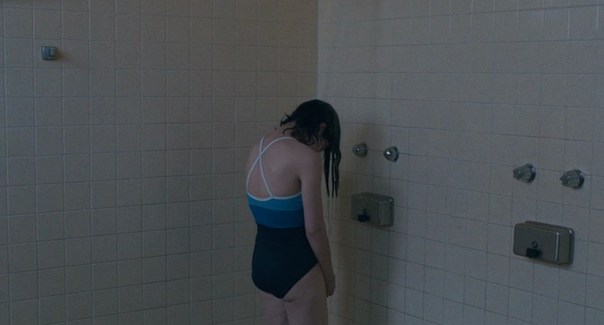 Gabrielle, a developmentally challenged young woman, lives in a group home specifically designed for adults with disabilities. A talented musician, Gabrielle routinely expresses herself through song but her lack of independence in her own life is growing increasingly frustrating. When Gabrielle falls in love with Martin, a similarly challenged young man from her music class, things reach a breaking point. Martin's mother and the social workers are alarmed by their romance, questioning if these two young people can handle a relationship. Louise Archambault's Gabrielle is a solid film that doesn't falter under the typical "message movie" cliches which make many films of this sort nearly unwatchable. There is no forced sentimentality in Gabrielle, with the film instead focusing on empowering people with disabilities instead of feeling sorry for them. Gabrielle is a fully realized character and much of the film chronicles her constant struggle of living with a disability, but much like Gabrielle herself, the film never makes this disability an excuse for not being able to live and appreciate life to the fullest. This is a film more about empowerment than anything and the films' ideas are refreshing and nicely realized. Gabrielle argues that setting lower standards for handicapped people, while good-intentioned, can be just as critical and detrimental to their development as treating them harshly. Featuring a great lead performance by Gabrielle Marion-Rivard, Gabrielle is a heart-warming love story that effectively makes the viewer root for its main protagonist, doing so in a way that never feels cheap or forced. 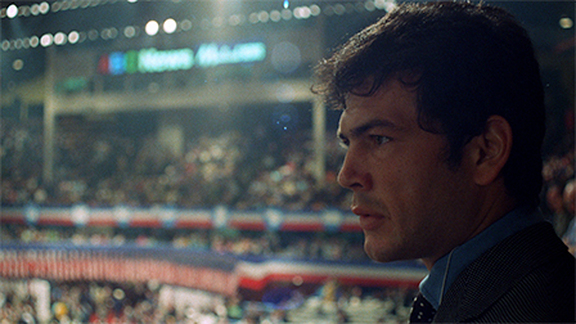 John works as a news cameraman, routinely filming gruesome scenes of violence like car crashes or riots with a chilly detachment. Specializing in violence and racial tensions that arise in the ghettos, John has recorded his fair share but entering the late 1960's, John's consciousness about the implications of his job as a cameraman begin to come into question. This tipping point occurs when after filming a verbal dispute by black militants on the media's increasing racism, John is instructed to turn his footage over to the FBI. John vehemently refuses, getting fired in the process. Haskell Wexler's Medium Cool is an awkward film from a narrative perspective, mainly due to its blending of fiction and non-fiction elements. The film combines cinema verite and "talking heads" type documentary footage with fictional scenes between actors to encapsulate this volatile time in United States history with truly unique and fascinating effect. I personally found the film's pacing to be a little tepid, and some of the character-building subplots tedious, but the message in Medium Cool is very poignant. Thematically this is a film about American culture's infatuation with violence and how the media's sensationalism of these acts only further breeds this obsession. Haskell wants to make it clear that the media and their perspective is incredibly powerful and terrifying, able to sway public opinion and perception quite easily. Through Joe's character we see a man who can no longer detach himself from the equation, questioning the psychological power his images can have on America's culture. Haskell Wexler's Medium Cool is a film that takes place in a very specific time and place in American history but considering the current media climate in this country it's just as poignant and important today. |
AuthorLove of all things cinema brought me here. Archives
June 2023
|
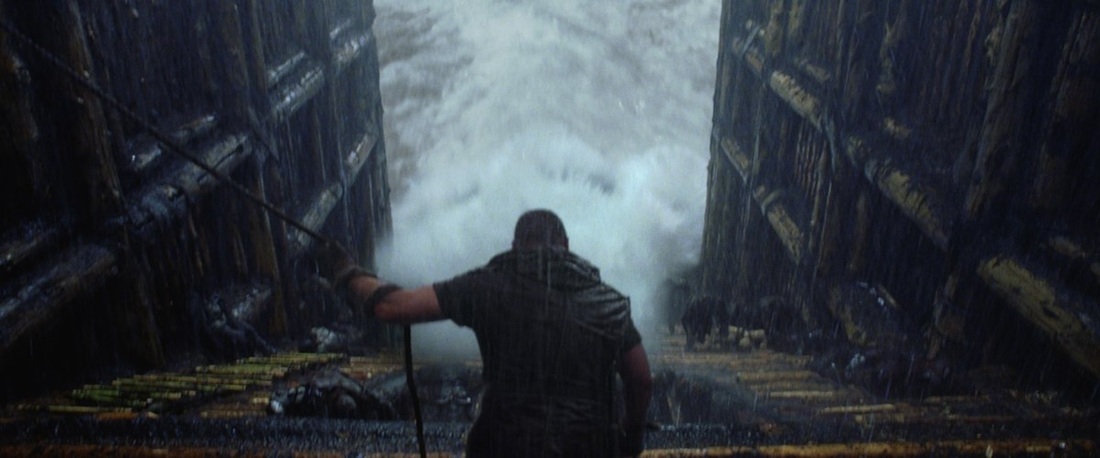
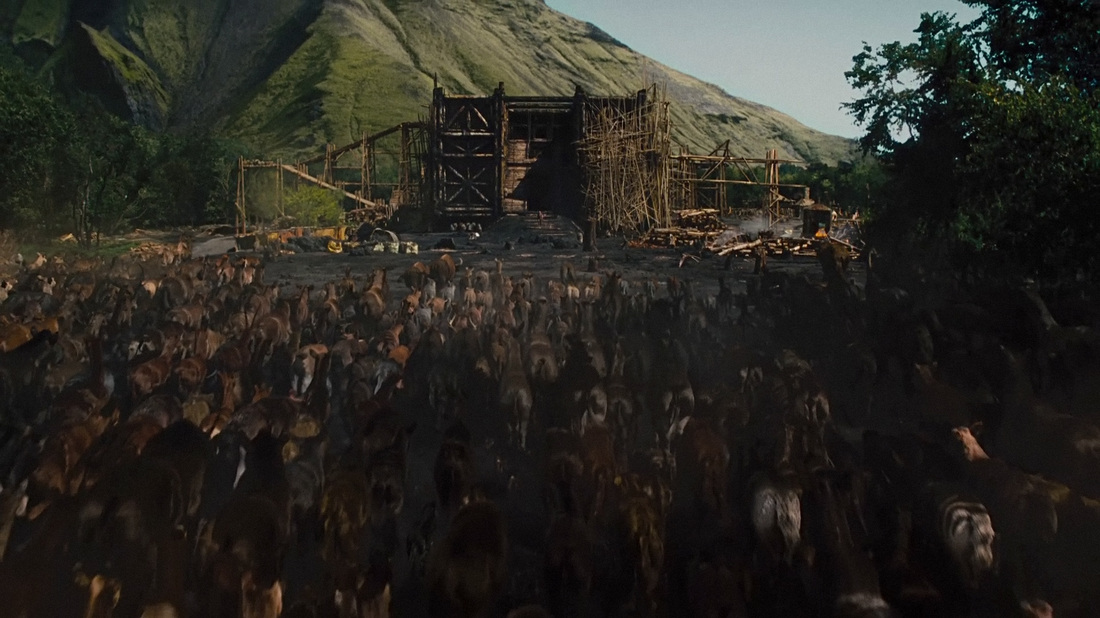
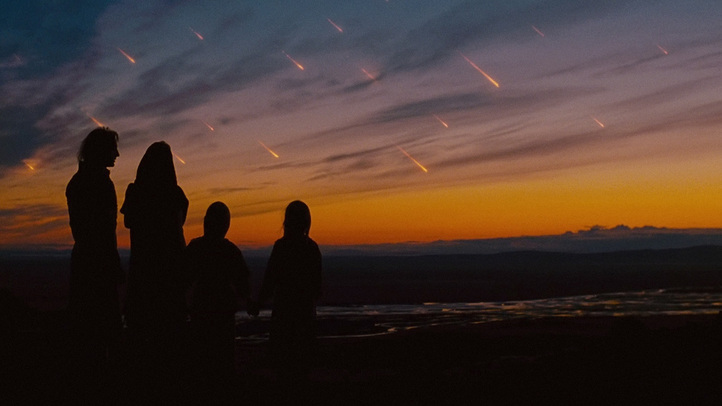

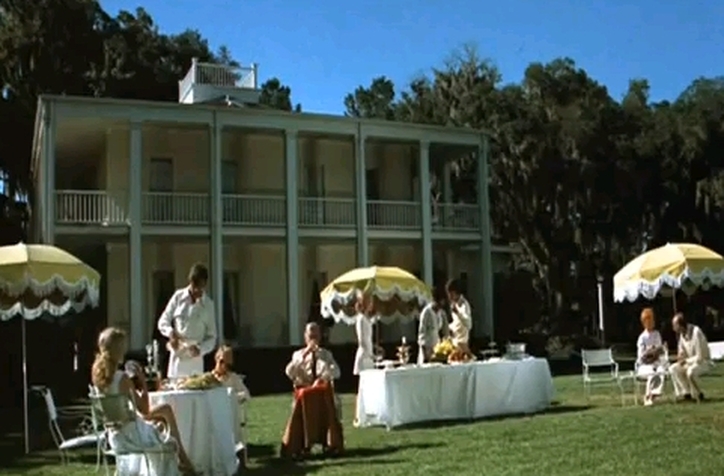
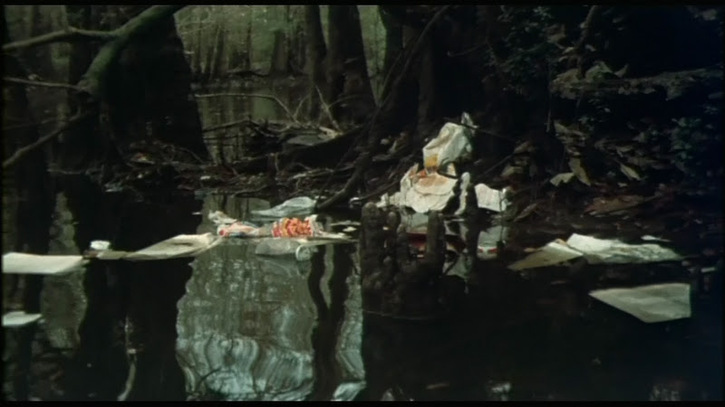
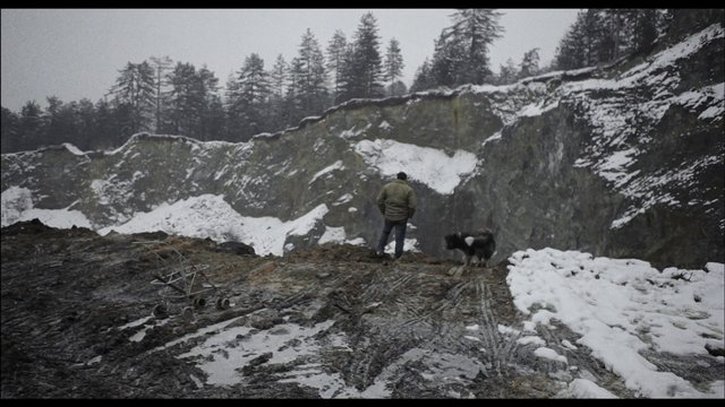
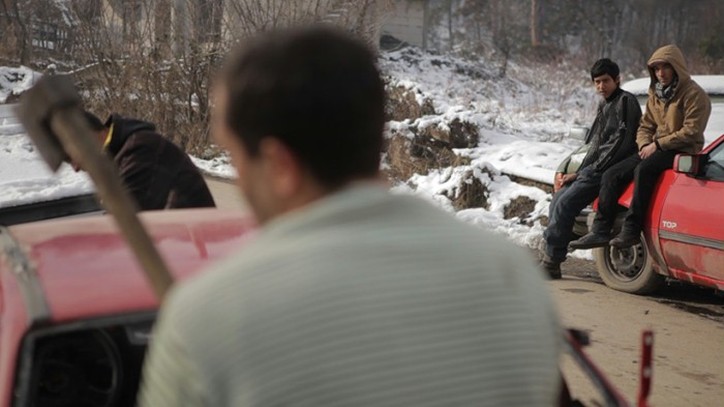

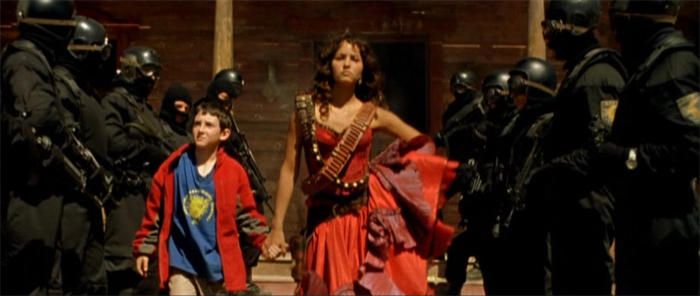
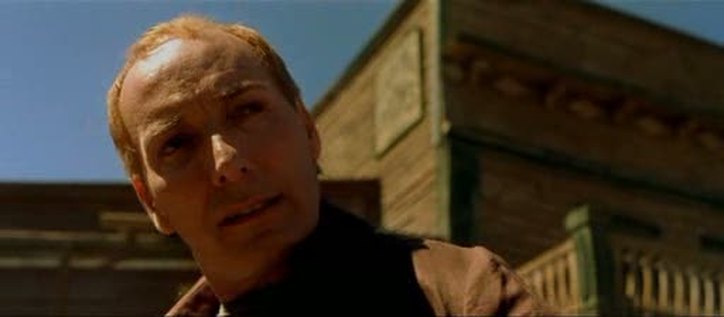
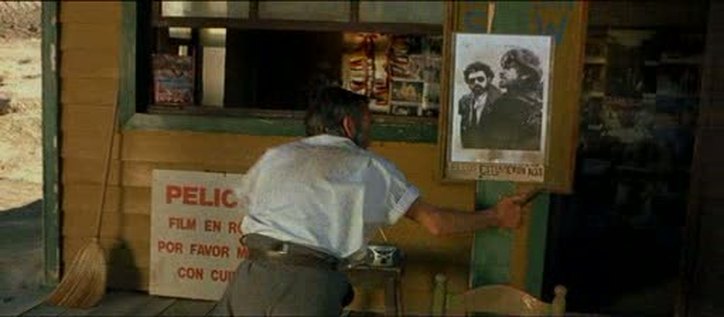
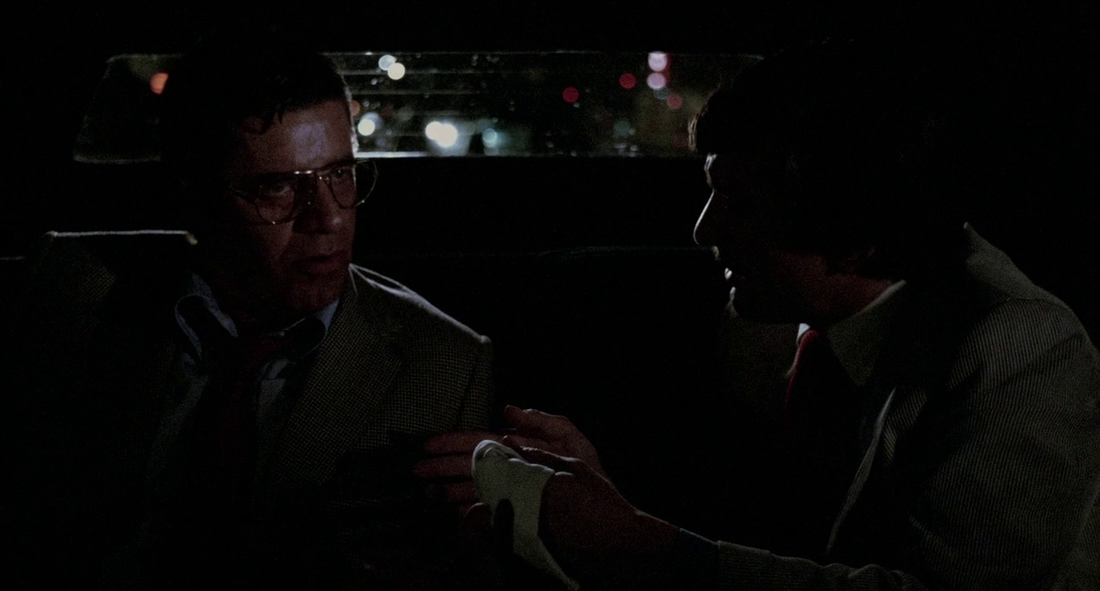
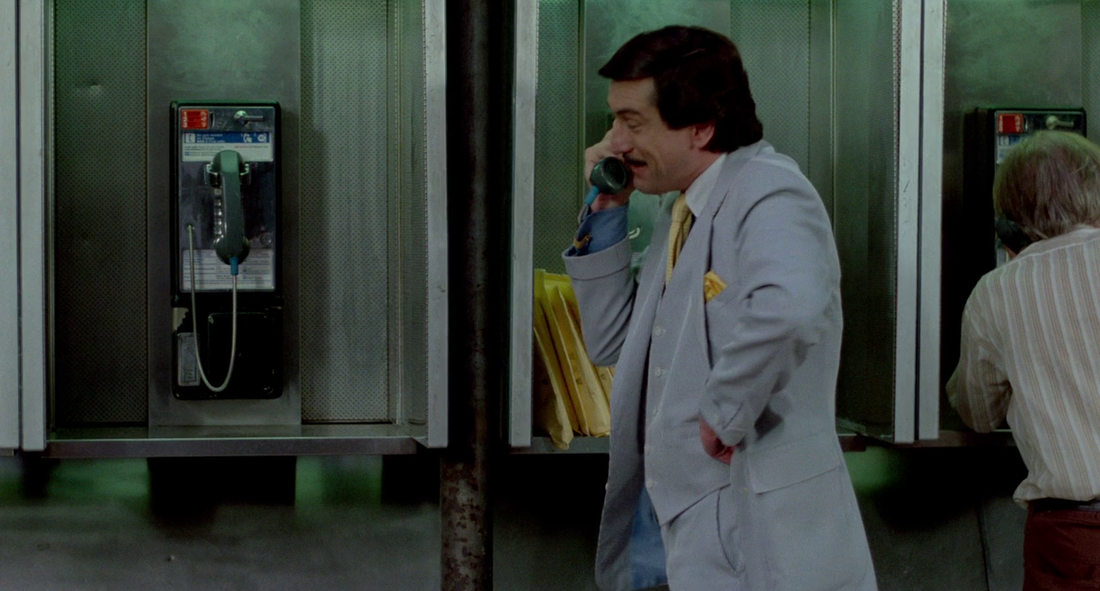
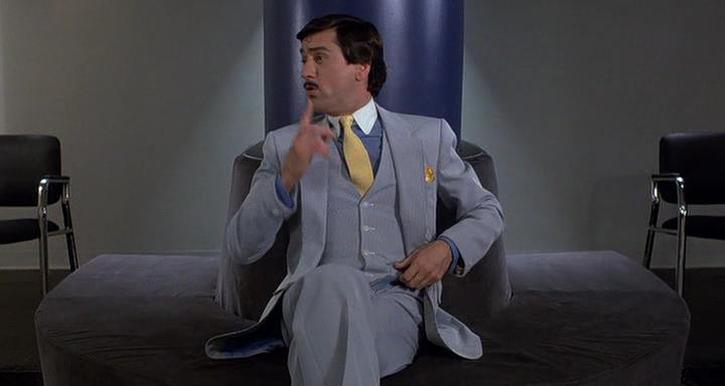
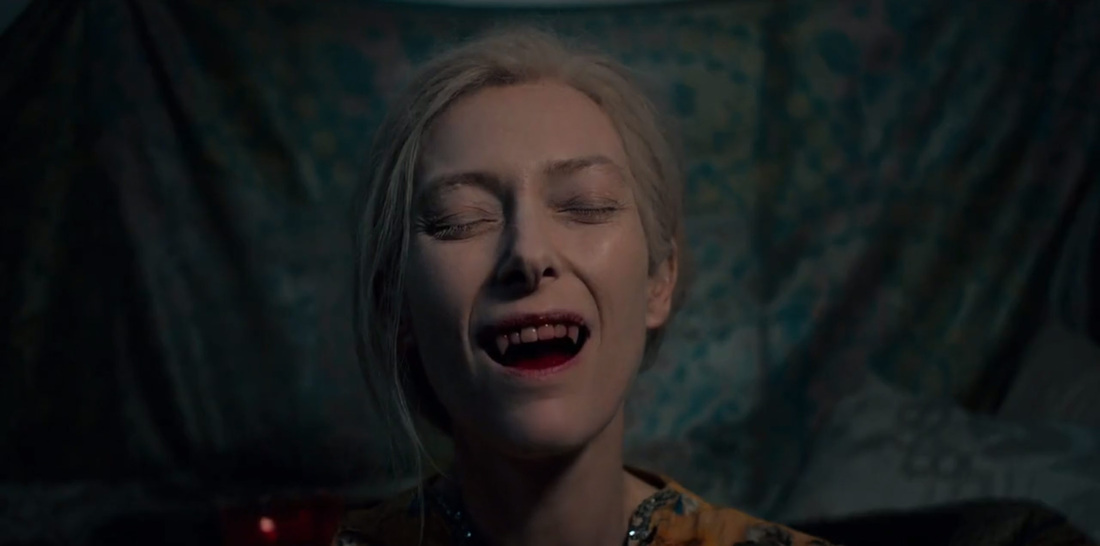
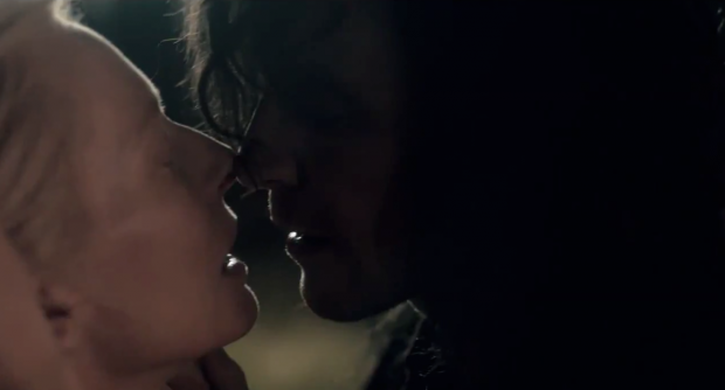
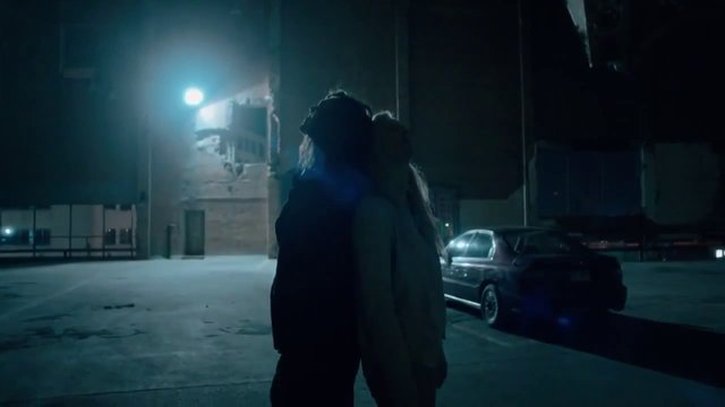
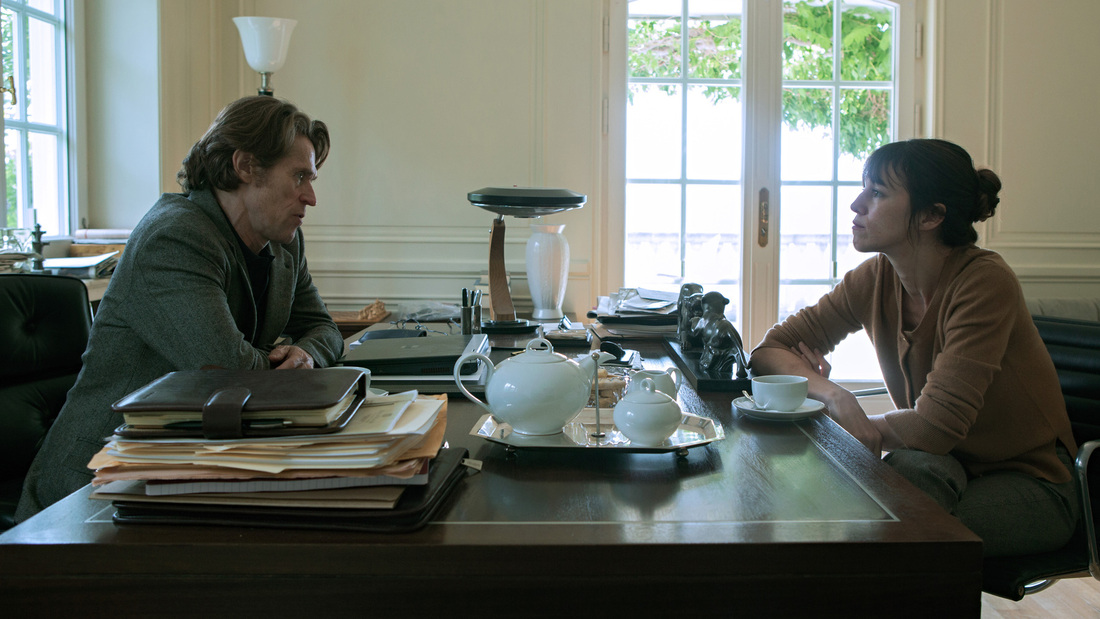

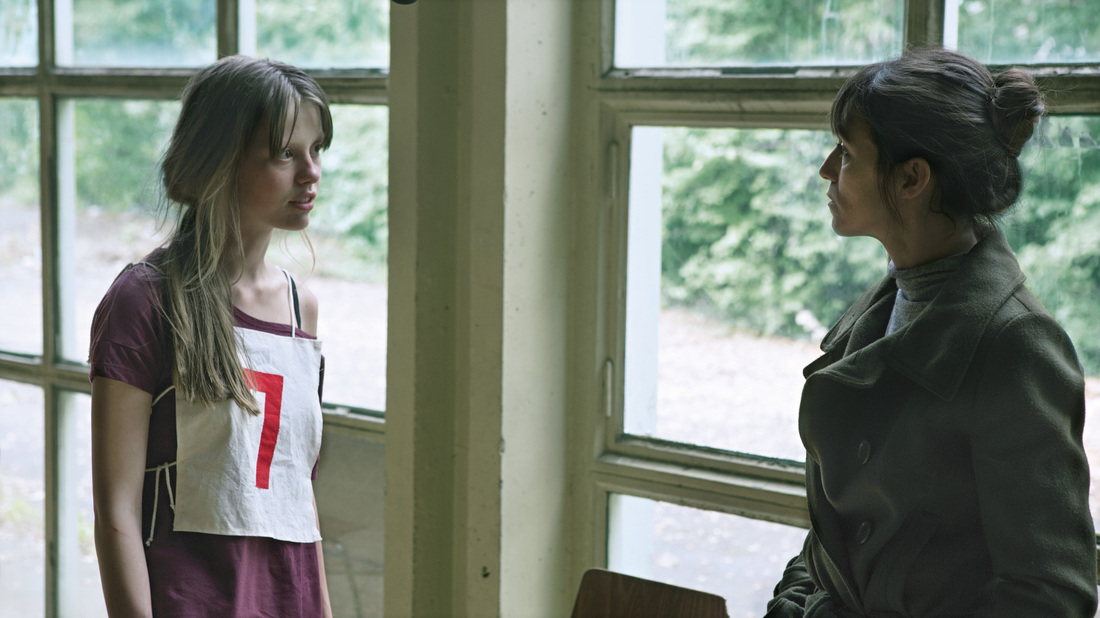
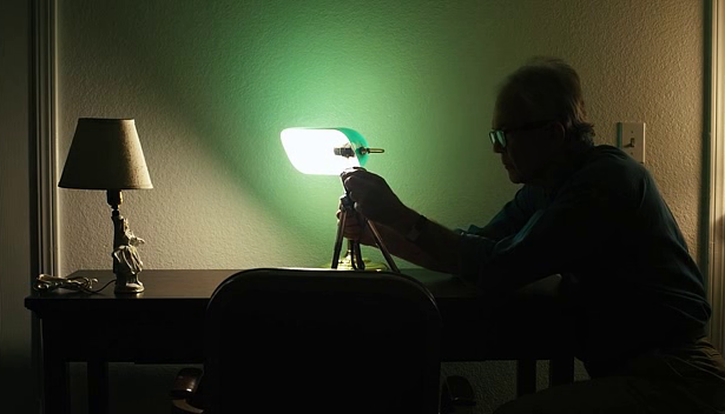
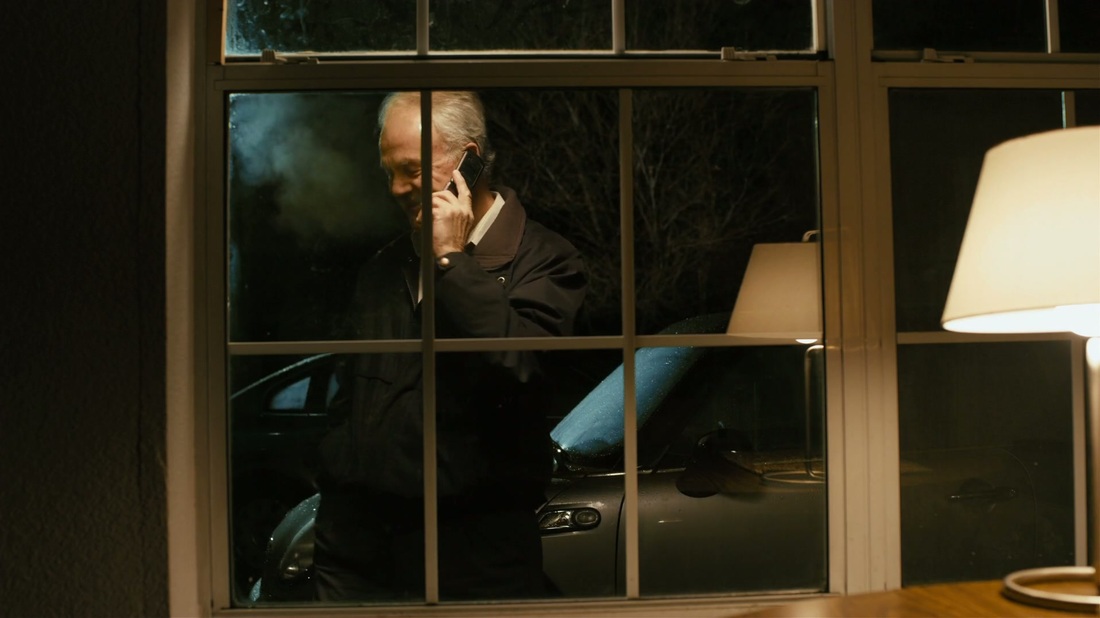
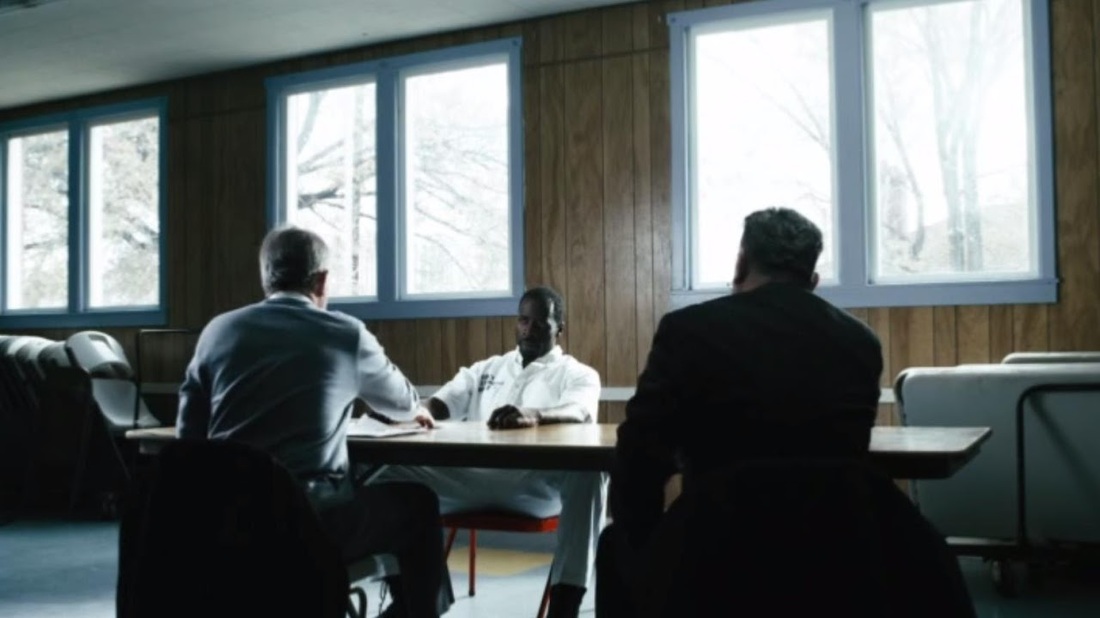
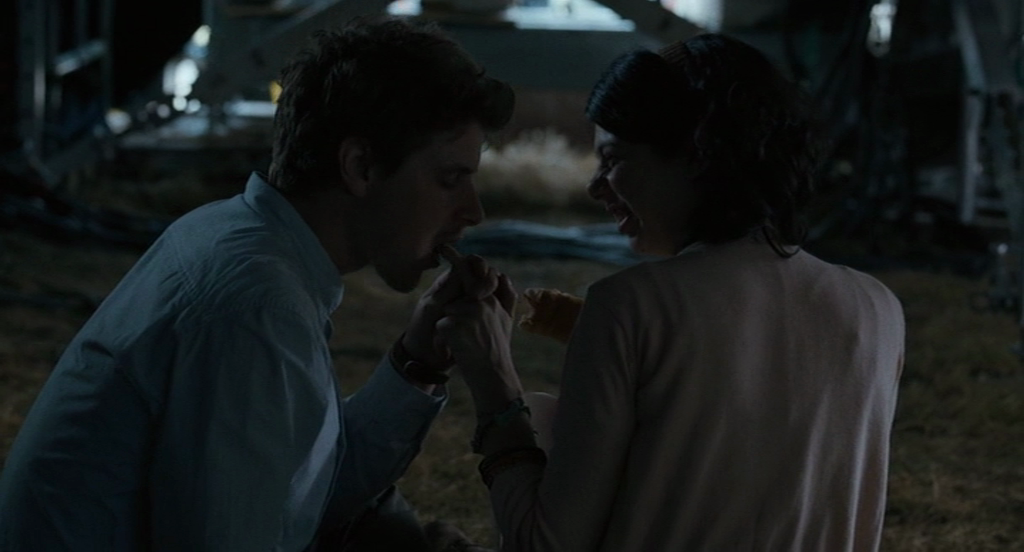
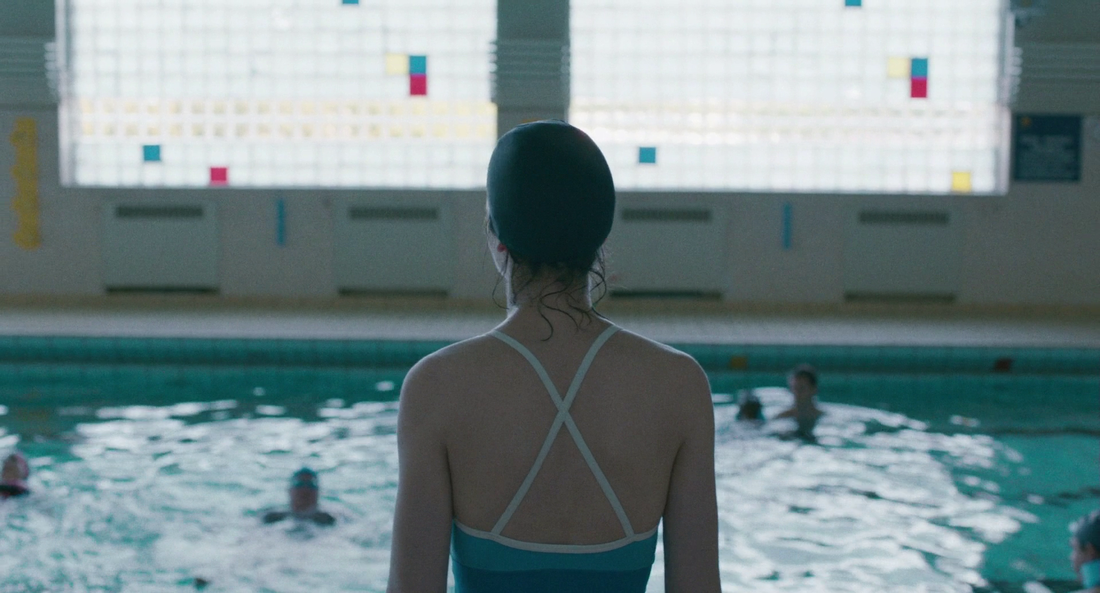
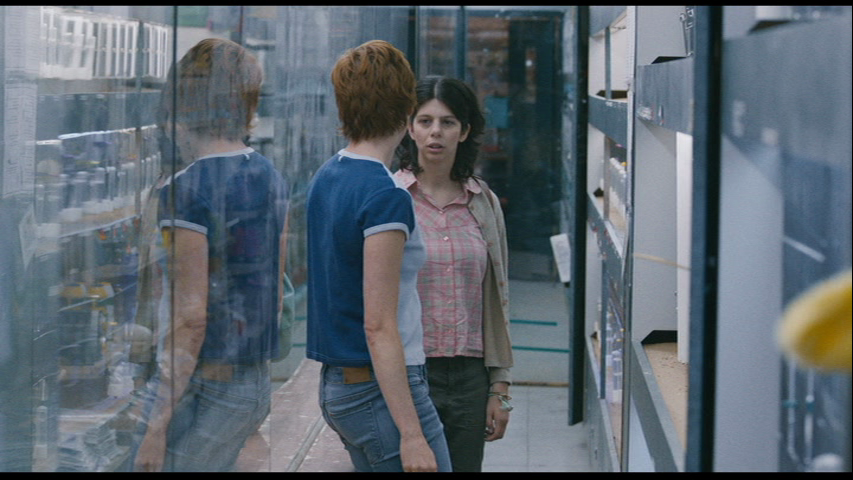
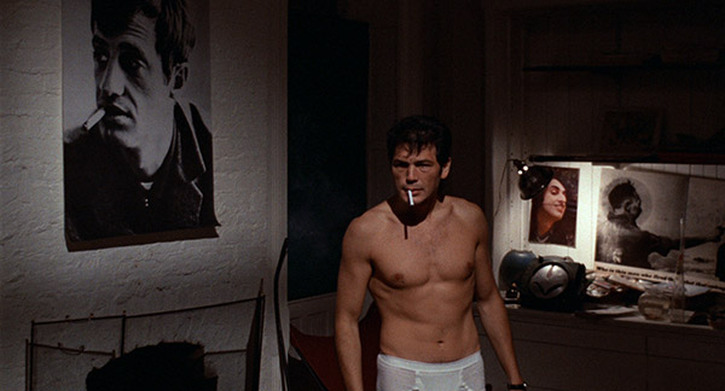
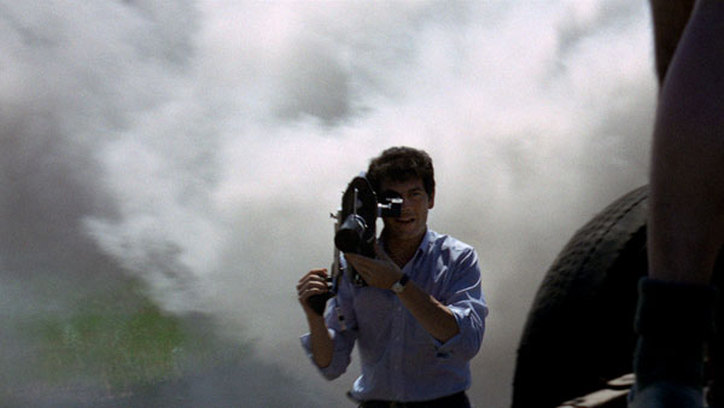
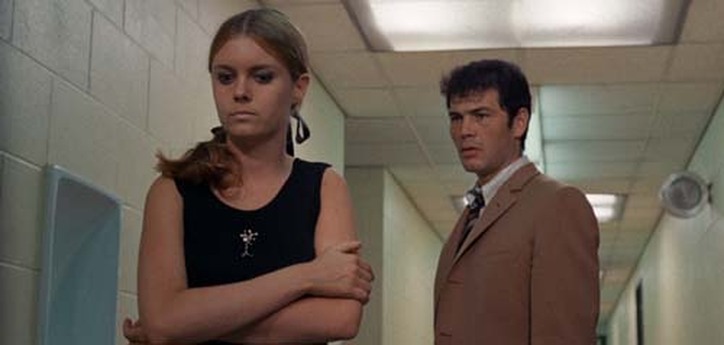
 RSS Feed
RSS Feed
